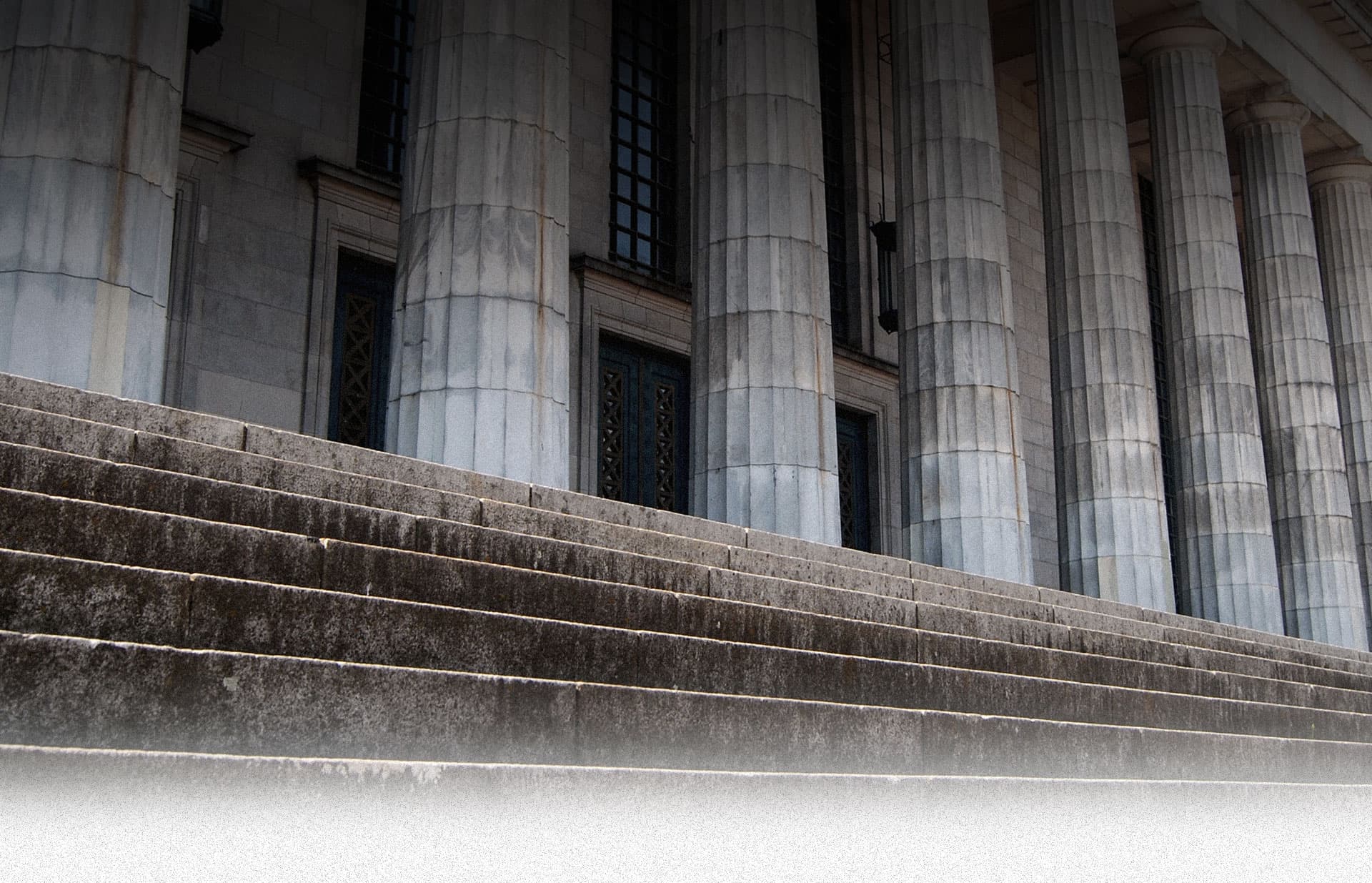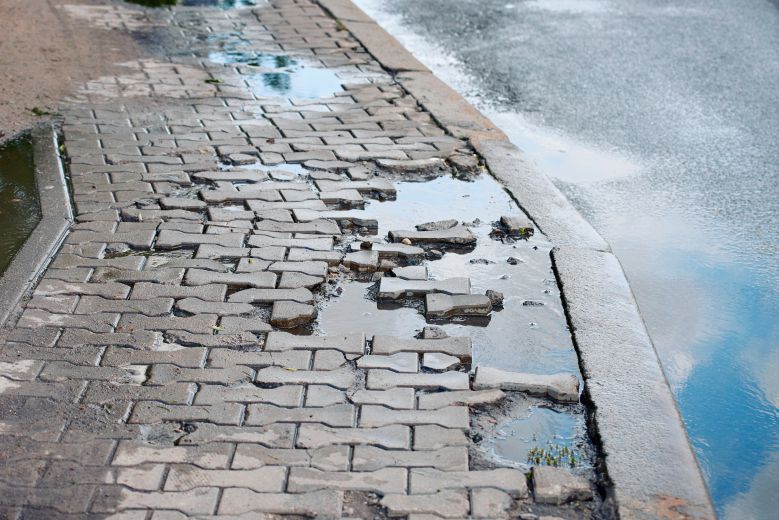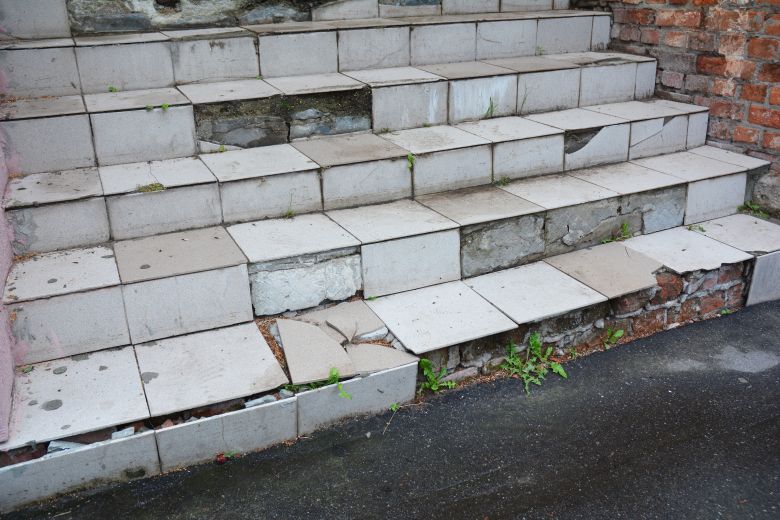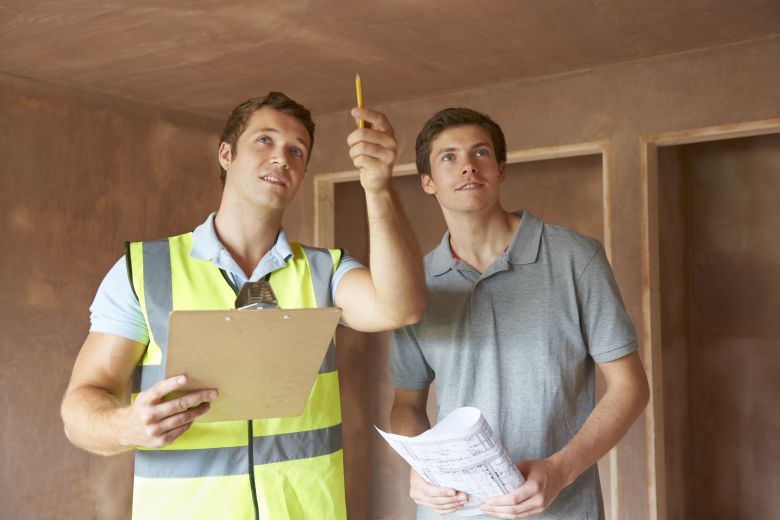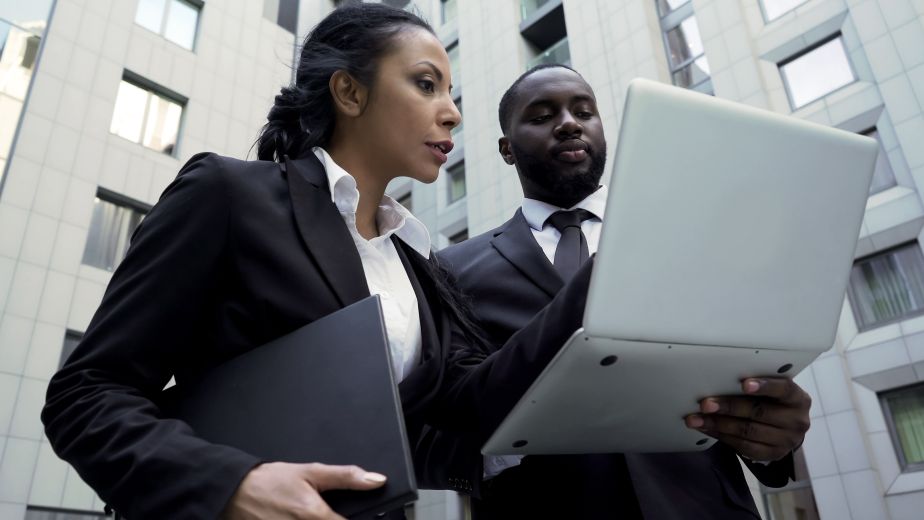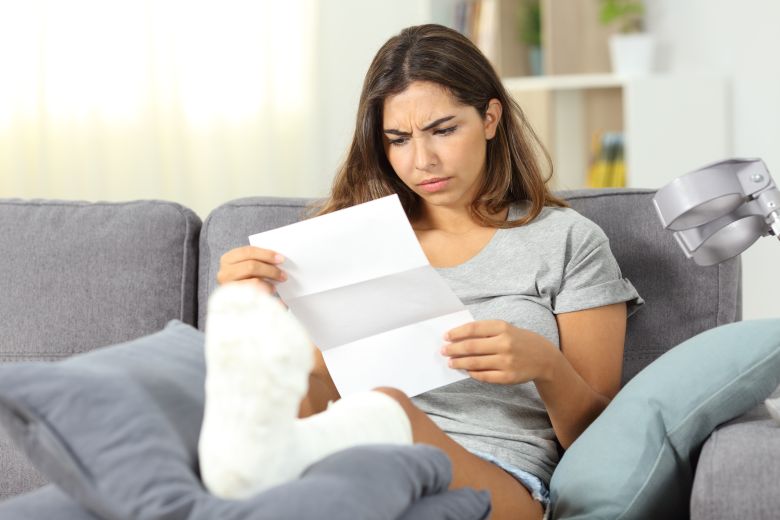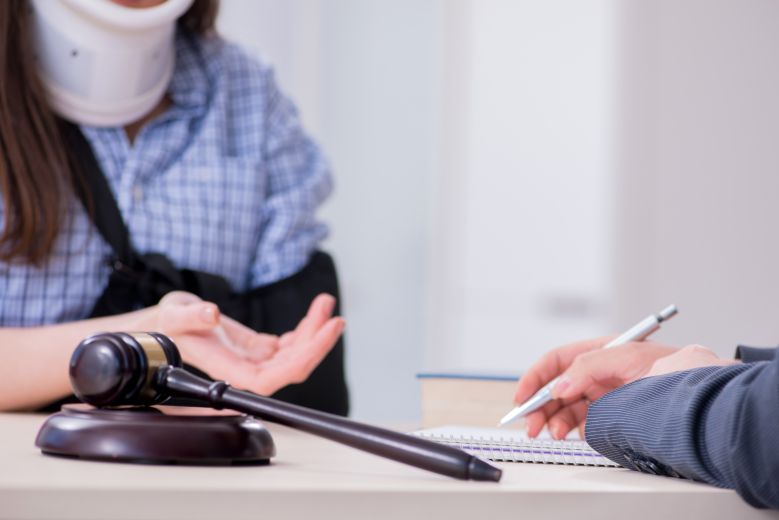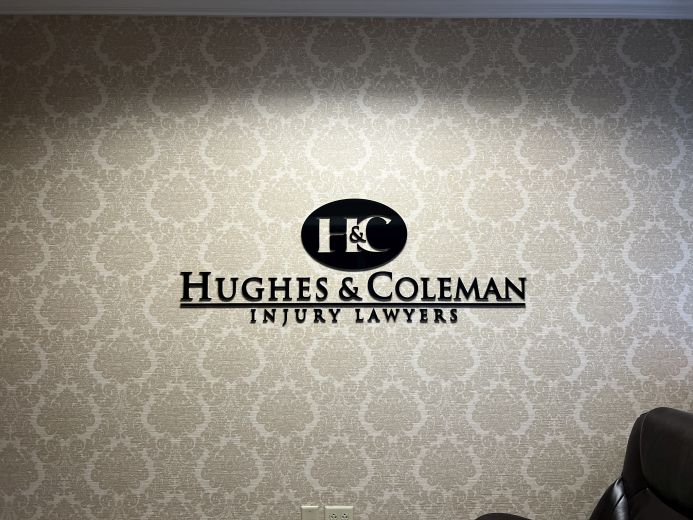Toxic Fumes and Chemicals
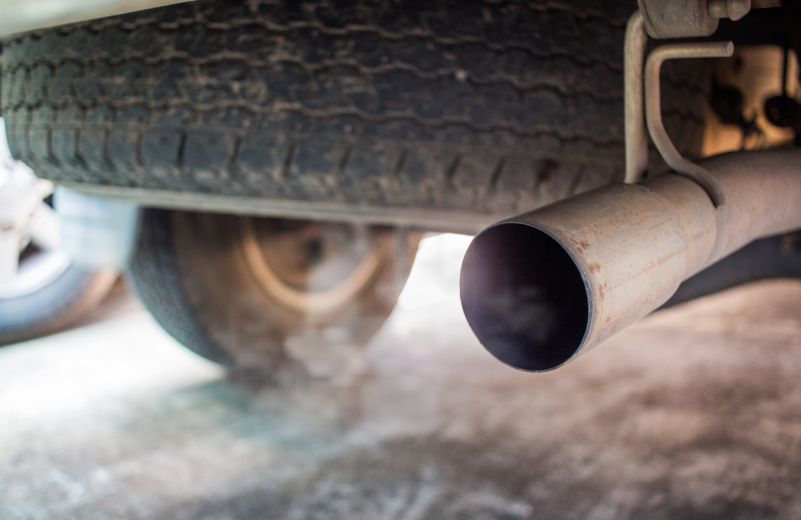
Premises liability claims aren’t limited to the physical structures of a building, but can also be related to toxic fumes and chemicals. Restaurants, auto shops, manufacturing centers, and many other areas have a risk of exposure to toxic chemicals ranging from carbon monoxide, chlorine, ammonia, and many other harmful toxins. Exposure to toxic chemicals can occur simply by having poor air circulation or ventilation, or it can be a more severe issue of a leaking pipe.
Exposure to toxic chemicals, while not always causing visible physical injuries, can still lead to substantial medical expenses and internal injuries that can cause long-term effects and damages. If you’ve been a victim of exposure to toxic fumes or chemicals and suffered medical injuries, you could be entitled to compensation.
Stairwell Railing
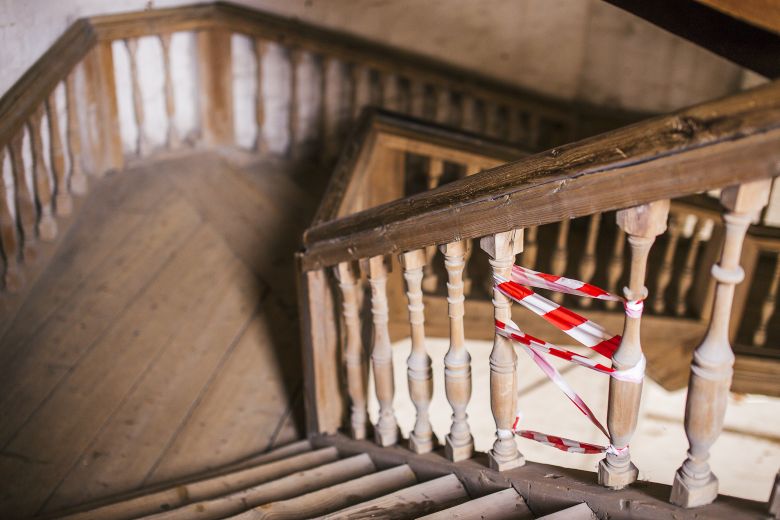
Most county building and city codes require railings for staircases and stairwells. If you had a fall due to there being a lack of railing to hold onto, you likely have a premises liability claim, and you should contact a law firm as soon as possible.
Merely having a railing does not absolve the property owner from accidents that occur on stairwells. Negligence exists often when an accident occurs due to failing to maintain the stairwell railing. A wobbly or broken railing can be just as dangerous as having no railing and is just as likely to lead to a serious accident.
If you were hurt due to falling up or down stairs at a business or residential complex, call our legal team today to request a free legal consultation and discuss with an experienced premises liability lawyer about your lost wages, medical bills, and pain and suffering.
Missing or Weak Stairs
Apartment complexes, businesses with stairs, and even residential properties each have duties to ensure the staircases on the property are properly maintained. Premises liability cases often arise because property owners let their staircases fall into disarray, causing steps to fall apart or become brittle. If you suffered injuries due to improperly maintained stairs, you should contact a premises liability lawyer to obtain a free consultation.
Road and sidewalk hazards (potholes)
Business owners and even city governments have a responsibility to maintain their parking areas and sidewalks so there are no hazards. A common example of these hazards are potholes and sinkholes that can occur over time through vehicles driving over the asphalt, or even through natural occurrences of the ground sinking below the concrete. These can lead to injuries, and, if the property owner knew of the defect on their property and failed to repair the premises in a reasonable time, they could be responsible for your damages.
Water Leaks or flooding
You don’t have to be swimming in water to have an accident from flooding issues on a property. Grocery stores, restaurants, and any building with running water or using refrigeration can be subject to leaking pipes and is at risk of flooding out their premises. Failing to stop the leak in time and properly warn visitors on the premises can lead to substantial legal claims from victims who fall on someone else’s property.
Door malfunctions
Today, almost everything is automated, including doors. Malfunctioning sliding or closing doors can cause injuries and are often caused due to the business failing to properly maintain and service their doors regularly, causing them to randomly close on people. Malfunctioning door closers have caused injuries ranging from torn ligaments and broken bones to even death if proper safety devices aren’t installed to keep the door from continuing to open or close. Property owners tend to cut corners if they can save money, and having appropriate safety devices installed in their doors is often one area that businesses are willing to take the risk on.
Swimming Pools
A common premises liability claim that often goes overlooked is one that occurs in or around the swimming pool. Swimming pool accidents lead to serious injuries and cause significant damages that can often be prevented if the owners use proper signage and warnings or make sure only intended people have access to the pool area.
If a business or individual has a pool on the premises and fails to take adequate measures to prevent improper use of the pool area, legal claims can arise. Courts have consistently ruled that pools are “attractive nuisances,” which means that specific actions such as erecting an adequate fence must be done to keep out people who aren’t supposed to be using the pool.
Around the pool area can be just as dangerous as slip and fall accidents caused by splashing water can lead to premises liability claims just as often if steps aren’t taken to ensure the area around the pool is slip resistant and safe to walk around.
Parking Lot Lighting
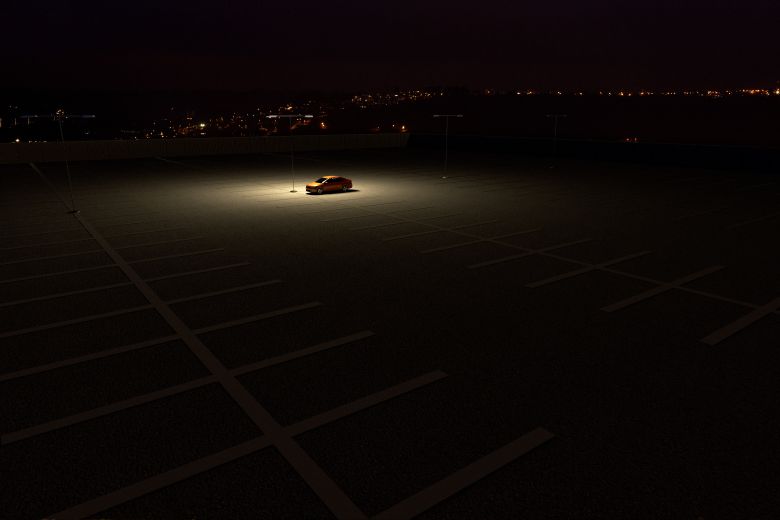
Failing to properly illuminate a parking lot to keep visitors safe is negligence. Having properly lit parking lots is just as important to the security of the business as anything else. If a visitor to the business falls in the parking lot due to their failure to see a curb or pothole because it was too dark to see, a legal claim may exist.
Damaged Carpet
Most business owners place floor mats at their entryways to absorb any water that is tracked in on rainy days. These mats can be bunched-up due to foot traffic crossing over it, which can cause trips and falls, leading to the owner being liable for the injuries caused if they don’t correct the issue in a reasonable amount of time. Another example of dangerous flooring conditions is peeled up and separated carpeting in office buildings. Most carpets placed in offices are done so in sections, and are often lightly glued down, leading the carpet sections to separate and peel up over time. These issues if left unattended can lead to accidents and falls. If you’ve been hurt due to being tripped up by damaged carpeting or improperly laid floormats, call the Hughes & Coleman Law Firm today for a free premises liability case evaluation.
Defects in structure
A premises liability case can arise due to there being a defective design or improper construction that violates codes and ordinances. If you suffer a personal injury because a ramp was constructed at an improper height or slope, a claim may exist, and you could be entitled to compensation.


